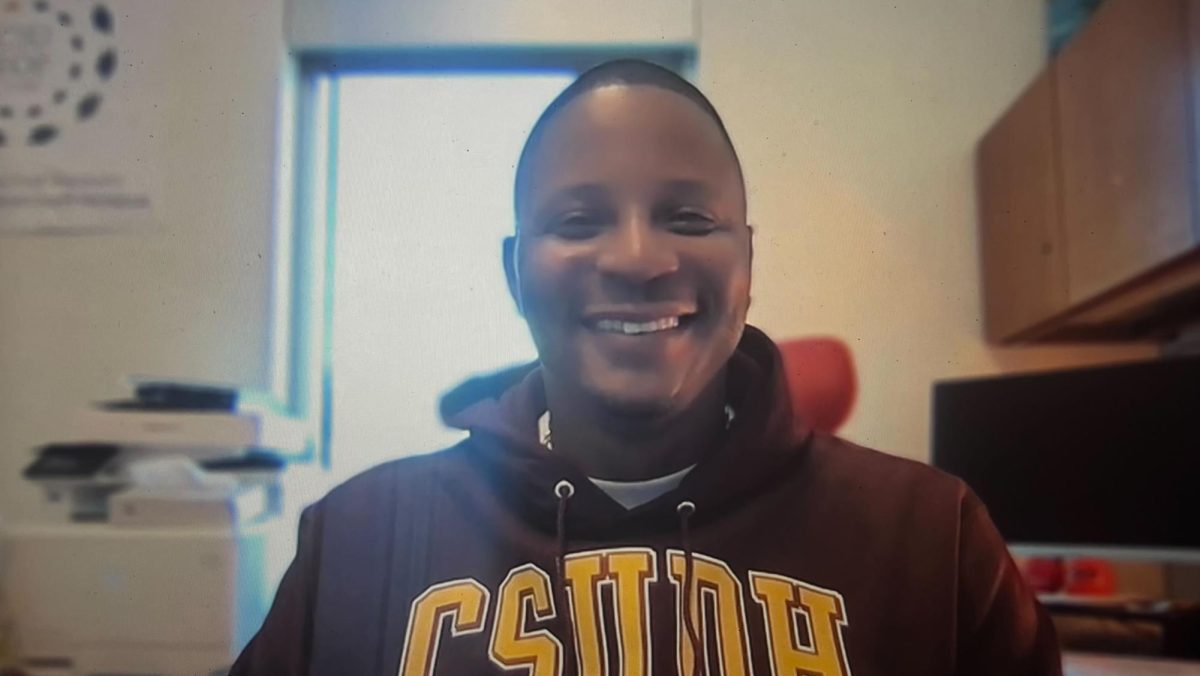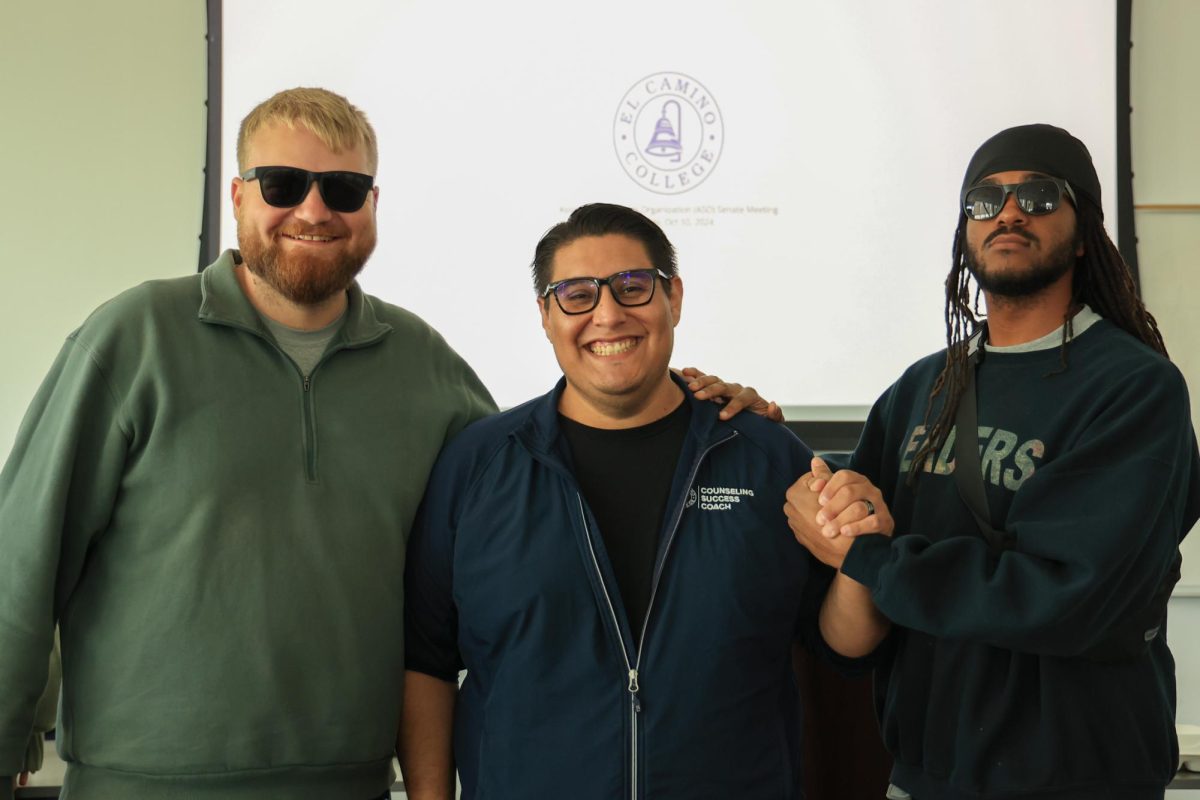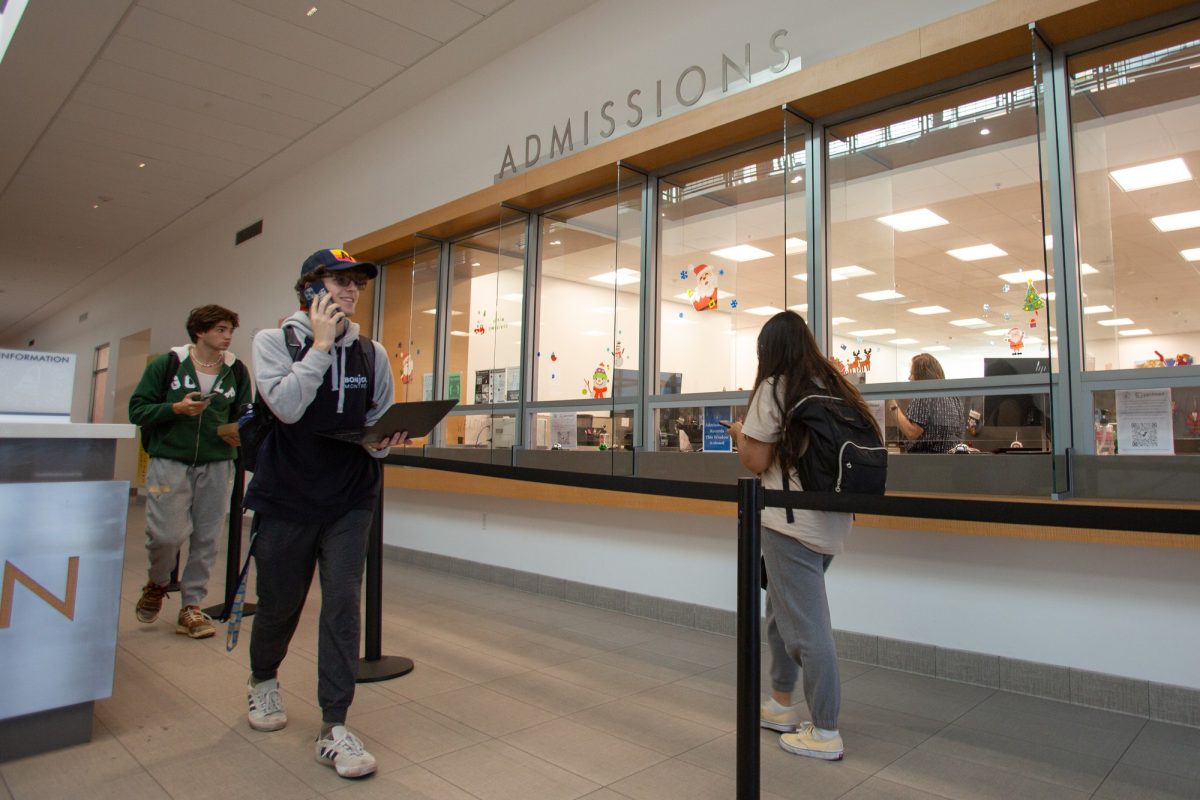In a significant victory for the college, voters passed both Proposition 30 and Bond Measure E Tuesday, reducing the financial burden upon the college and allowing the completion of several unfinished construction projects.
“All of us in education in California were very relieved, and that’s probably an understatement,” Tom Lew, dean of Humanities, said of Proposition 30’s passage.
Tax initiative Proposition 30, which increases sales taxes by a quarter cent for the next four years and income taxes on the wealthy for the next seven years, is promised to provide $210 million to California’s Community College system and narrowly passed with just 53 percent of the vote.
“We’re all celebrating today, because last night California came to its senses and put a halt to the catastrophic budget cuts that run contrary to the state’s best interest,” Constance Carroll, San Diego Community College District Chancellor said.
While the majority of the money will be used to pay back deferred funds to community colleges with EC receiving about $840,000, a small portion will be used to increase class sizes throughout the community college system, Brice Harris, California Community College chancellor, said.
“We estimate that this will open up access to 20,000 students statewide,” Harris said during a press conference yesterday.
While it’s hard to say yet what the exact amount of funds going directly to EC will be, the college had planned to cut nearly $7 million from the budget, as well as 250 sections from the spring semester if Proposition 30 failed to pass, Lance Widman, Academic Senate vice president of finance and special projects, said.
“If we had to accommodate a deep, deep budget cut, then the result would be cancellation of sections beginning with the spring semester and then start focusing on next year,” Lew added.
However, Lew cautioned students that despite Proposition 30’s passage, the community college system would not soon return to the level of funding it enjoyed in 2008.
“There needs to be awareness to the students and the college that times will be lean, but the passing of proposition 30 makes the job easier,” Lew said.
Harris echoed those sentiments in yesterday’s press conference.
“This is not a great deal of money, but it does stop the bleeding and it begins to put us on the pathway to opening access again,” Harris said.
To put those numbers in perspective, while $160 million of the $210 million will be used to pay back money deferrals, in the last four years almost $900 million of state funding has been deferred to community colleges, Harris said.
Measure E however, is a facilities bond measure specific to EC, which will provide $350 million to the school in order to make improvements to the campus, as well as renovations to the Library and Marsee Auditorium. It passed with support of 67 percent of the district’s voters.
“Measure E really is an investment for the future and the people in the district understood the value of EC in the community,” Dilan Horton, Associated Students Organization vice president said. “We saw how that value came out with the way they voted.”
According to a letter from Tom Fallo, president of EC, “Measure E funding will upgrade buildings and classroom technology for 21st century job training and transfer preparation, and fund efficiency advancements for significant cost and energy savings.”
These energy saving improvements will include thermal dual pane windows and insulated doors, as well as new heating, ventilation and air conditioning (HVAC) systems for every building.
In all, the improvements should save the college nearly $1 million annually in utility costs, according to the college’s website.
However, this victory for education didn’t happen by itself, points out Lew.
“Twenty-eight percent of the voters were 18-29 years old, which means that the students got out there and had their voices heard, too,” Lew said.
Harris also noticed the large turnout of young voters and offered his own words of encouragement to student voters.
“This democracy in which you participated really does work, you got behind this measure, you rallied up and down the state and then you went to the polls,” Harris said. “Your involvement may well have been the margin of success for this measure.”
To get more information on the








